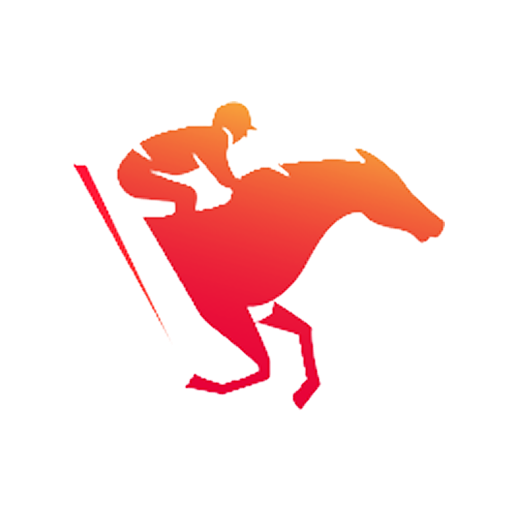



SARGA.CO – In the world of horse racing, there’s a popular belief that goes, “If the parent is a champion, the offspring must be too.” It sounds logical—and often it is true. But does it always hold up? The answer: not necessarily. Let’s take a deeper look at why the offspring of champions often have a head start, but no guaranteed finish line.
In a sport built on speed and stamina, genetics isn’t just background—it’s foundation. Champion racehorses are often passed down:
That’s why foals descended from legendary names like Secretariat, Manik Trisula, or Djohar Manik are highly sought after at auctions—sometimes even before they’ve taken their first stride.
Potential ≠ Performance
Having champion blood certainly opens doors. But becoming a champion? That’s a long road—one paved with much more than DNA. Many other factors shape a racehorse’s career:
Early training: The right trainer can elevate talent. The wrong one can waste it.
Growth environment: Nutrition, stabling, daily routines, and mental care are all matter.
Jockey compatibility: A perfect horse-rider match can spark magic on the track.
Injuries and luck: As with human athletes, one minor injury can change everything.

There are also rising stars with no illustrious pedigree who rise to the top. And conversely, there are “blue-blooded” horses who simply never deliver. On the racetrack, a famous parent means nothing if the offspring can’t prove themselves.

Bloodlines Are a Beginning, Not a Destiny
Offspring of champions do carry high expectations. But to become a true winner, they need a powerful blend of:
So next time you spot a young racehorse in training, resist judging it by pedigree alone. In horse racing, every finish line must be earned, not inherited.





















































Install SARGA.CO News
sarga.co